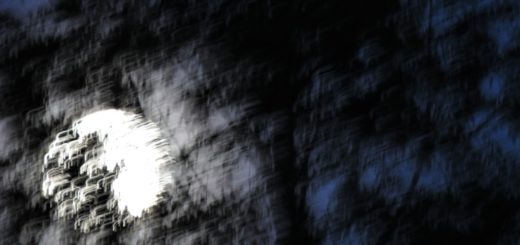The Paradox of the Experts
An expert is a person we are supposed to believe because what he says is science, and therefore true. Likewise, any self-proclaimed expert, meaning anyone who accepts that public designation and thus grants himself the authority to be trusted as such, assumes that his own statements should be believed because what he says is science, and therefore true.
And yet every single example of what is called “scientific progress” — every case, without exception — is an instance of someone who was not regarded as an expert in a given arena proving that what the established experts of his time believed was untrue.
Then the cycle repeats itself, with each new, publicly established expert being someone whom we are supposed to believe, and who wishes us to believe, that he, at last, is the one who got it right, and therefore that what he says must be accepted, because it is science, and therefore true.
What is established in this cycle is that an expert is a man who not only does not know his subject area, but who, as Socrates demonstrated more than 2,400 years ago, does not know that he does not know; and thus, that he does not know himself. And this general pattern becomes increasingly comprehensive and inescapable as one moves up the scale of expertise, from the more practical, experiential forms (e.g., laying bricks or installing sinks), where incompetence is easiest to identify and most difficult to conceal, to the more abstract and theoretical forms of expertise (e.g., infectious disease research and cosmology), where the opposite is the case.



